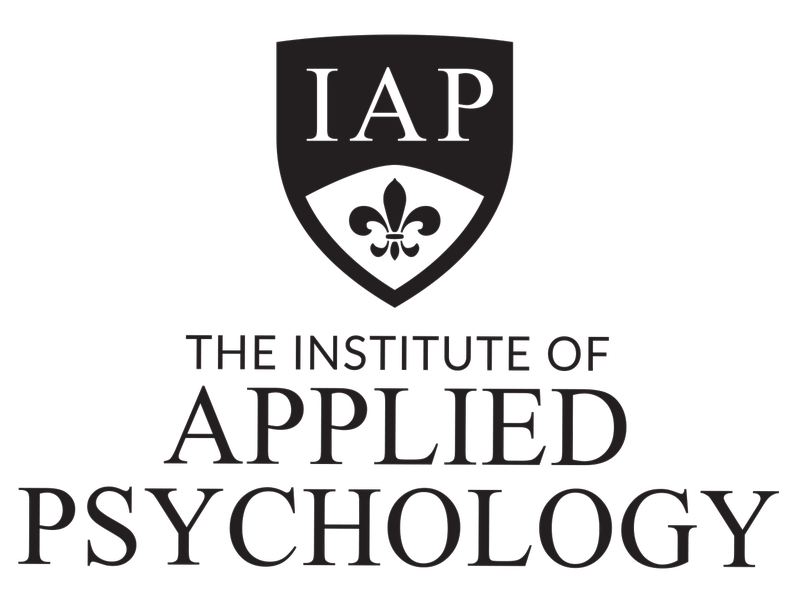Online Etiquette and Behavior Guidelines for Students and Staff
1. Respectful Communication:
- Engage with all members of the community with courtesy and professionalism. Address each other by preferred names or titles.
- Use language that is inclusive and sensitive to the diverse backgrounds within our community.
- Prioritise respectful dialogue and avoid language that may be considered offensive or hurtful.
2. Non-Judgmental Interaction:
- Approach every interaction without preconceptions or judgments. Respect each student's unique perspective and experiences.
- Abstain from making comments or statements that may be perceived as evaluative or critical about another's lifestyle, choices, or backgrounds.
3. Encouraging Positive Dialogue:
- Foster a supportive environment where students feel safe to express their ideas without fear of judgment or ridicule.
- Guide conversations towards constructive and positive exchanges, celebrating the range of viewpoints within the community.
4. Privacy and Confidentiality:
- Maintain the confidentiality of shared personal experiences, ensuring a safe space for open discussion.
- Respect the privacy of your peers by not divulging information from online interactions outside the educational platform.
5. Professional Boundaries:
- Keep all interactions within professional confines, especially when they extend to informal online spaces.
- Be mindful of the professional context of our interactions, remembering the impact that our words and actions can have.
6. Prompt and Thoughtful Responses:
- Address communications from peers and staff in a timely manner, with thoughtfulness and consideration.
- Attend scheduled online events punctually, valuing the time and commitment of all participants.
7. Upholding Academic Honesty:
- Adhere to principles of academic integrity. Do not engage in or tolerate plagiarism, cheating, or other dishonest behaviors.
- Acknowledge the ideas and work of others with proper citations and references.
8. Feedback and Growth:
- Deliver feedback with kindness and the intent to aid learning and development.
- Accept feedback graciously, viewing it as an opportunity for personal and academic improvement.
9. Active and Equitable Participation:
- Contribute to discussions equitably, ensuring a balance of voices that allows for a wide array of insights.
- Listen attentively and respect the speaking opportunities of all participants, fostering an environment of collaborative learning.
10. Clarity in Communication:
- Communicate with clarity and precision, avoiding ambiguous language that could be misinterpreted.
- Refrain from using all caps and excessive punctuation which can be misconstrued as aggressive or yelling.
11. Inclusivity in Language:
- Embrace inclusive language that avoids bias and respects all individuals, regardless of gender, race, or background.
- Be open and adaptive to the evolving norms of inclusive language to ensure everyone feels welcome.
12. Conflict Resolution:
- Should disagreements occur, address them respectfully and privately, or seek facilitation from a course leader.
- Commit to resolving differences with understanding and compromise, avoiding public discord.
13. Reporting Inappropriate Conduct:
- Report any instances of inappropriate or disrespectful behavior to the appropriate channels without delay.
- Participate actively in preserving the integrity and respectfulness of our online educational space.
If you need to speak to us about the above policy please reach us by using the below contact information
Student Support
P: 1300 380 681
E: support@iap.edu.au
P: 6 Middlemiss Street, Lavender Bay, NSW 2060
W: www.iap.edu.au
